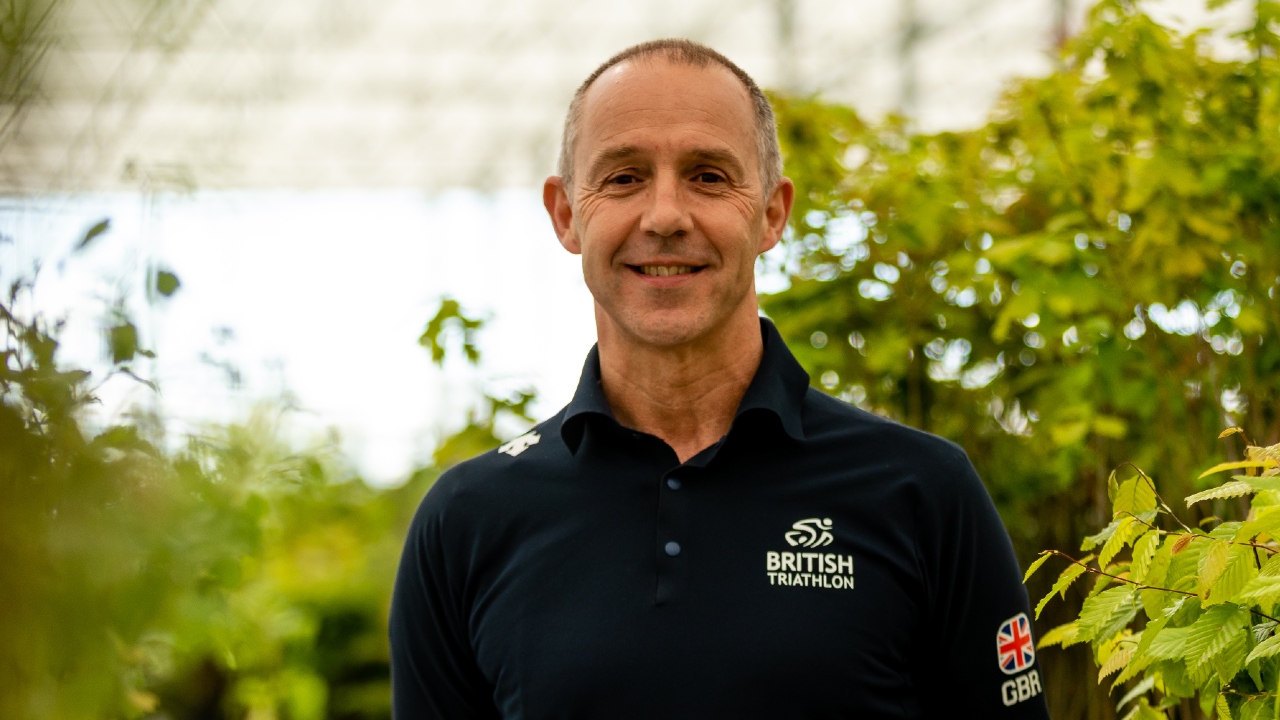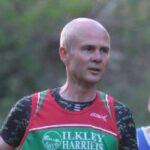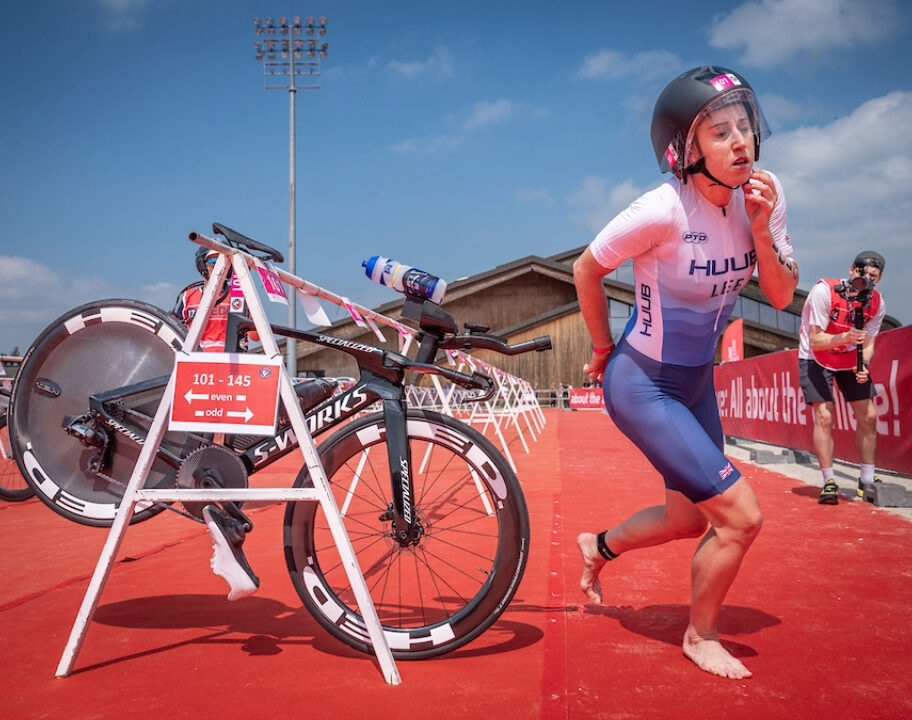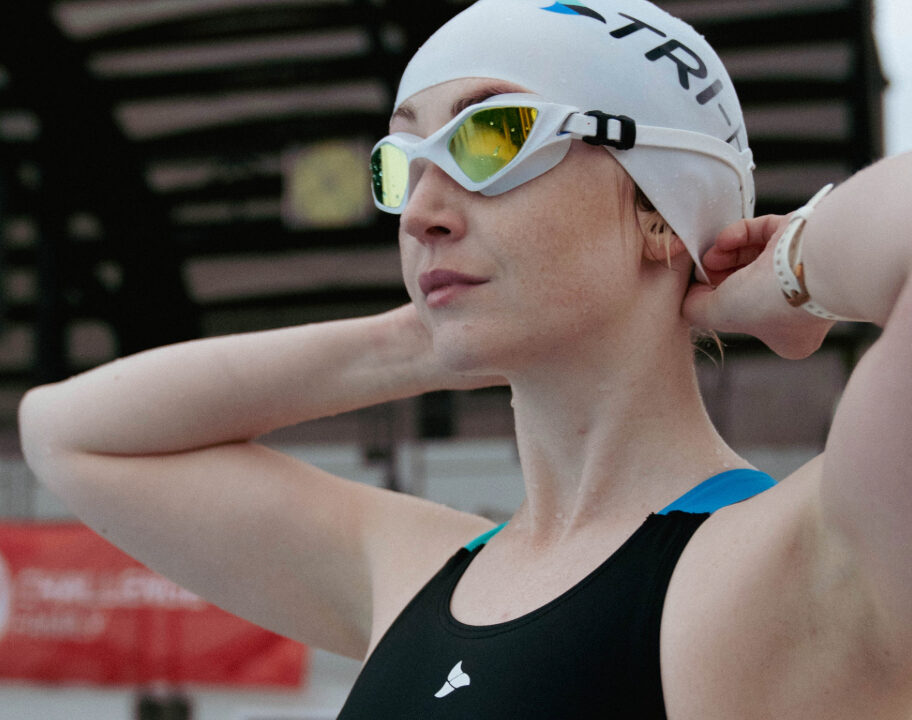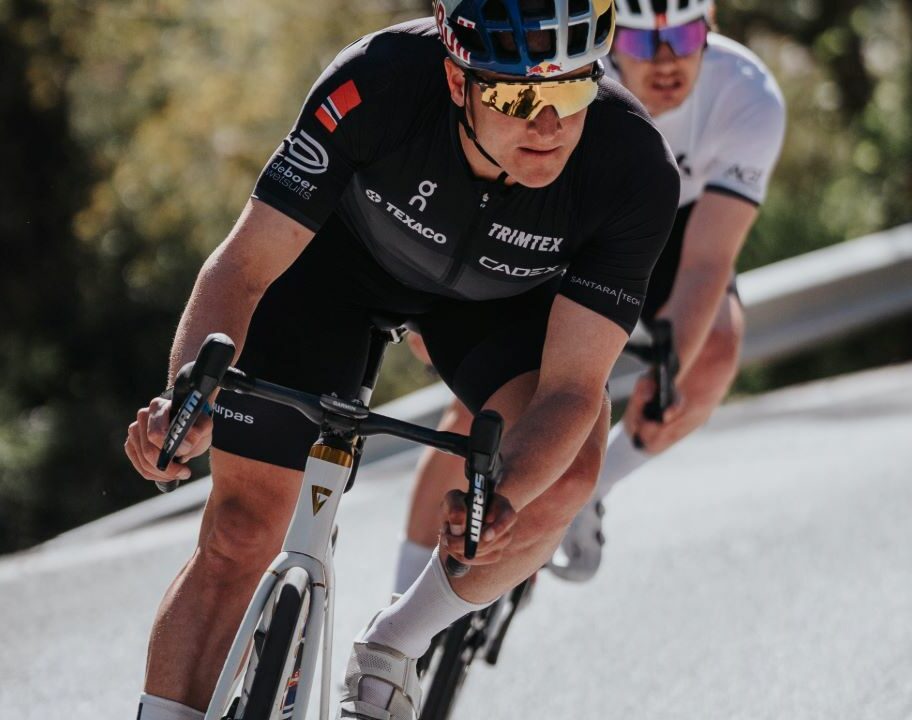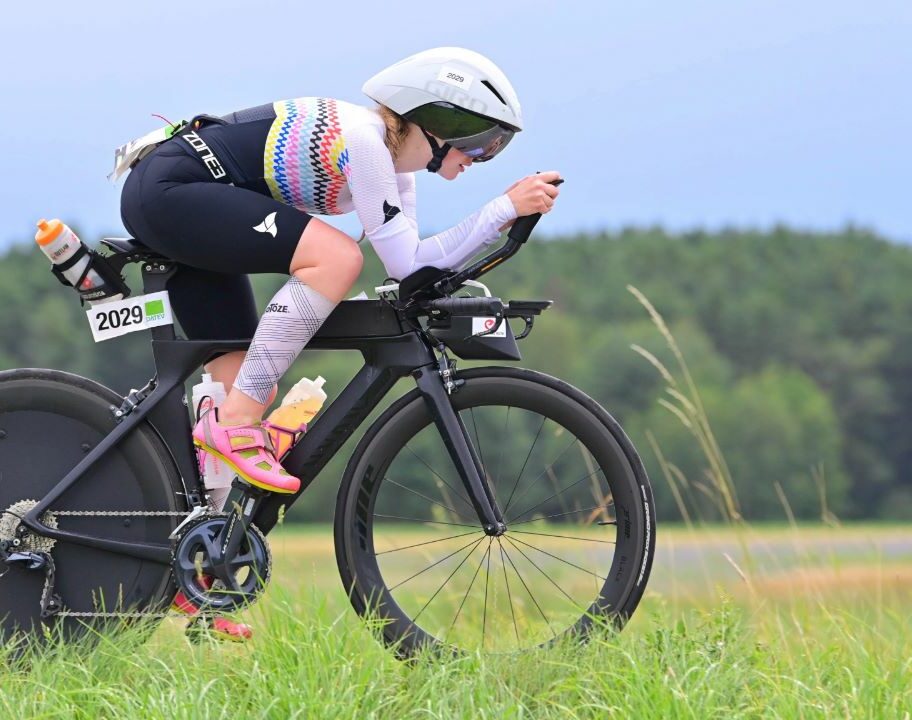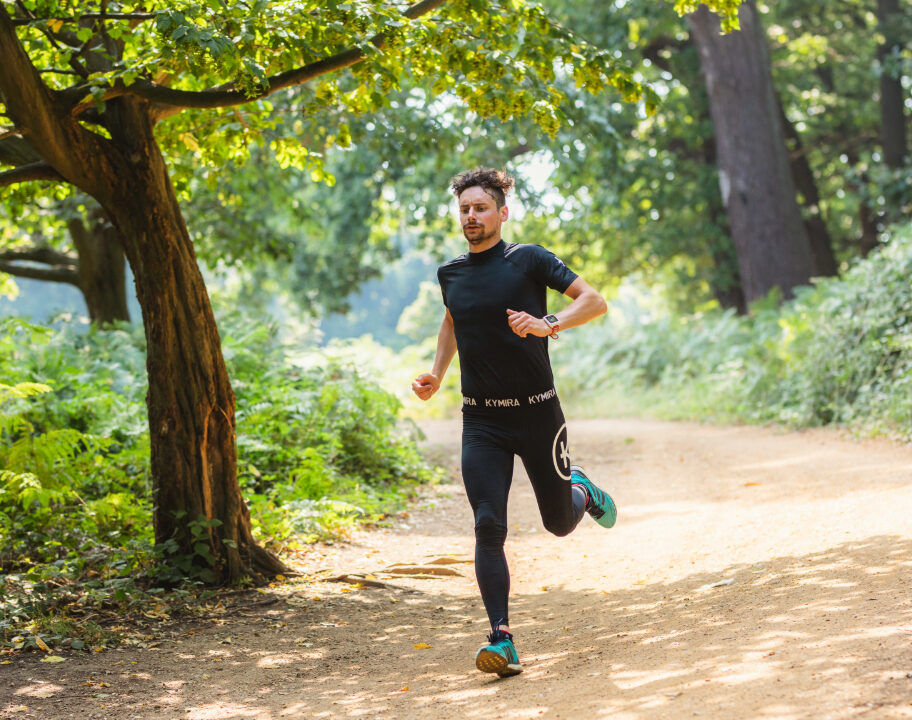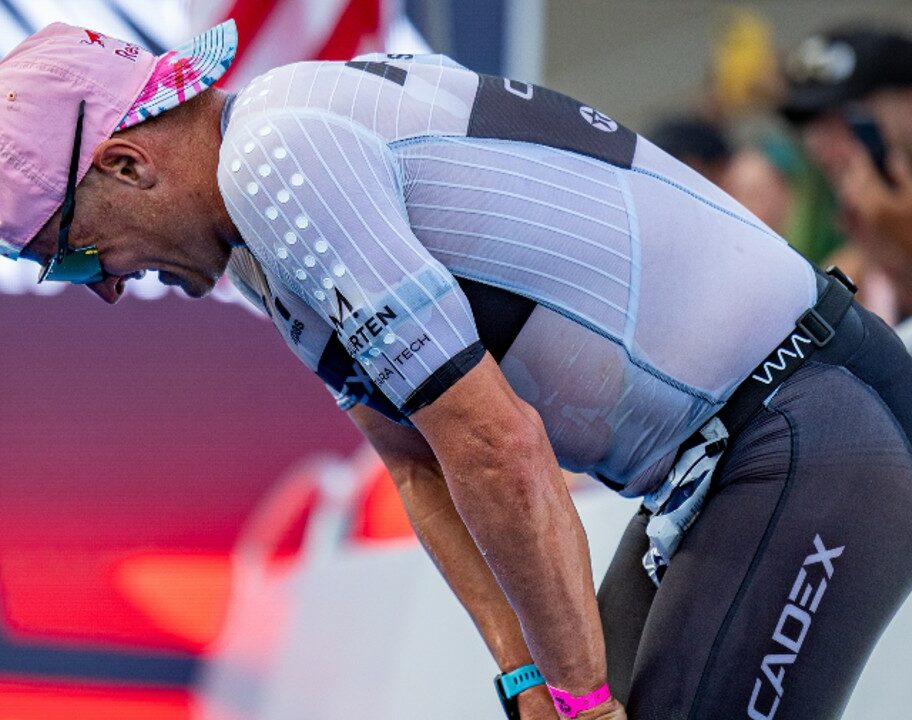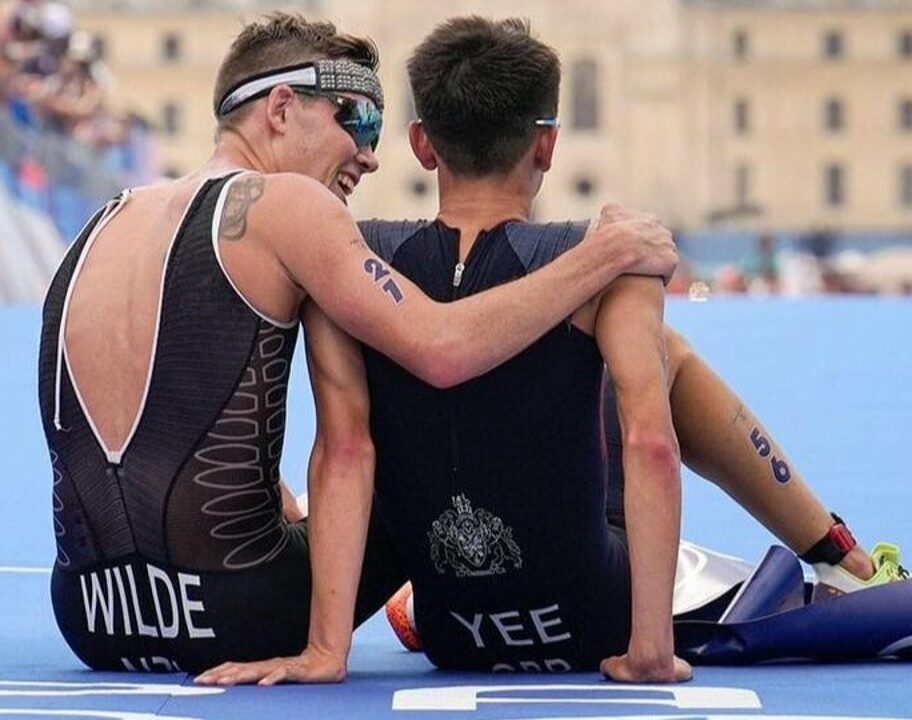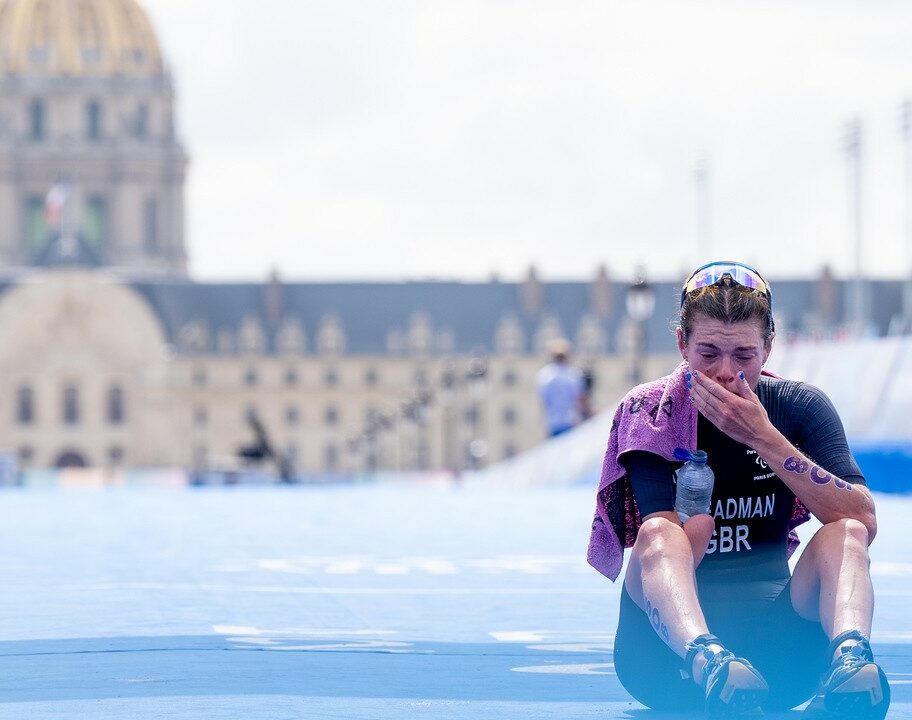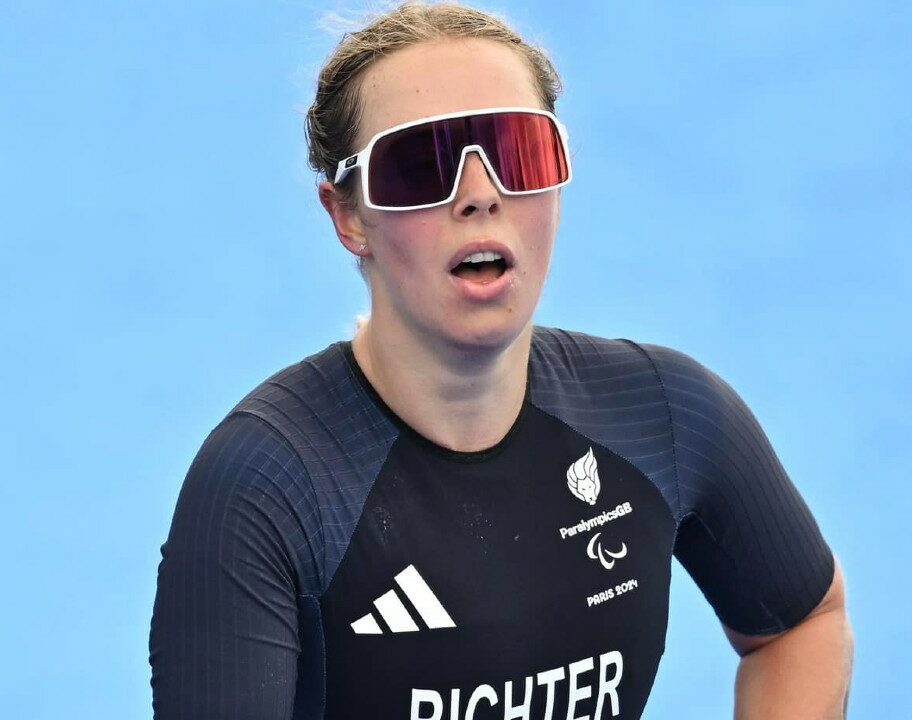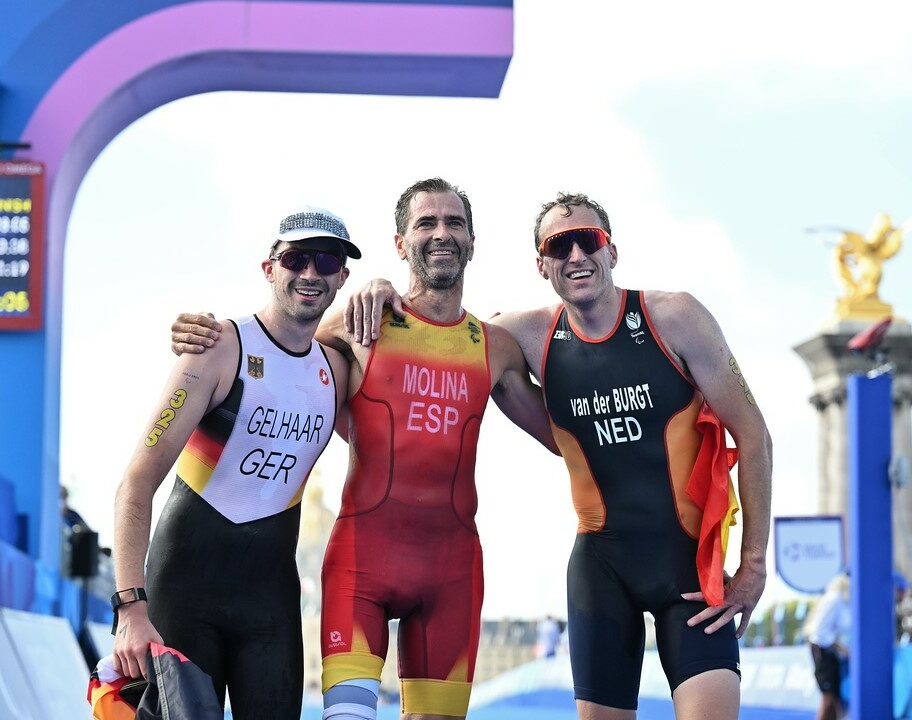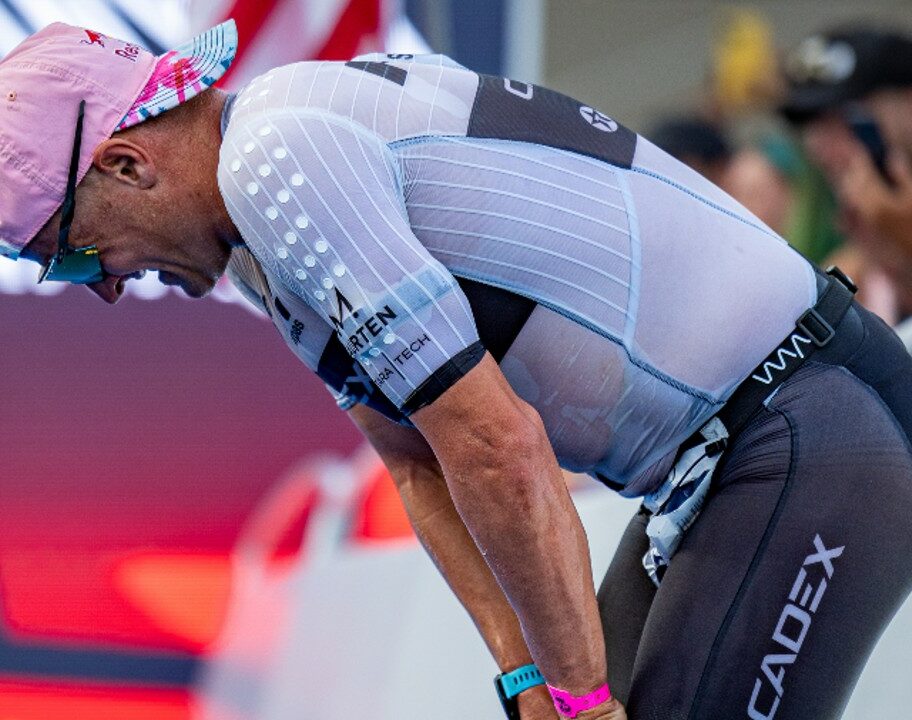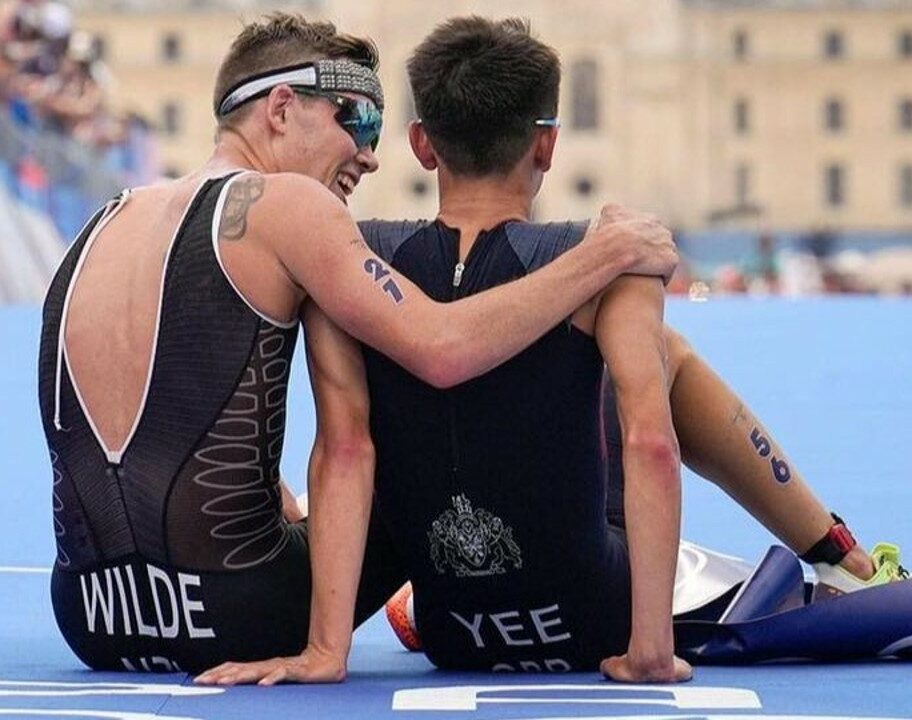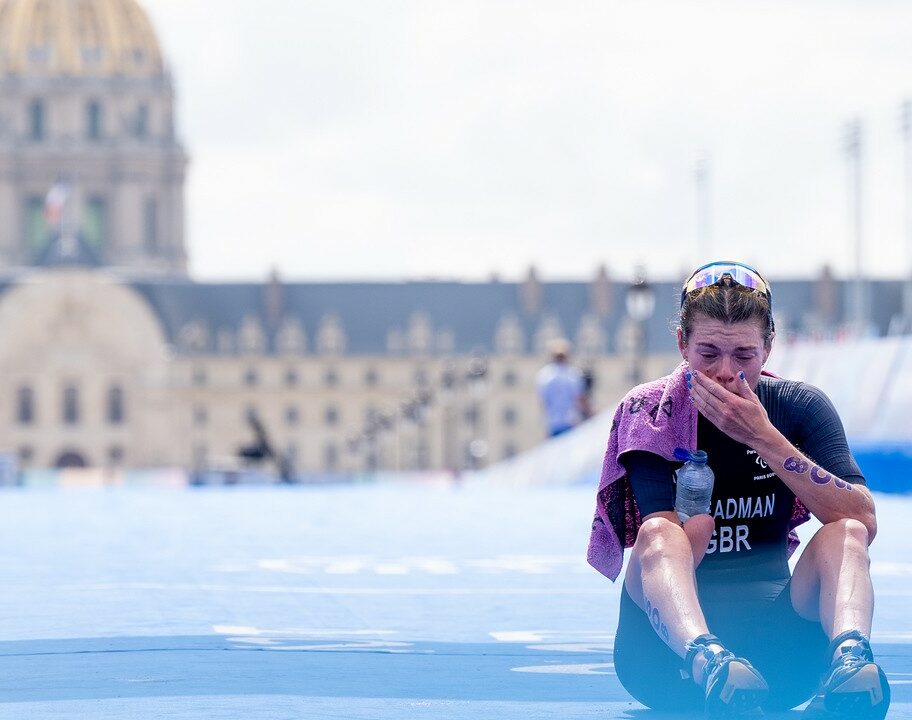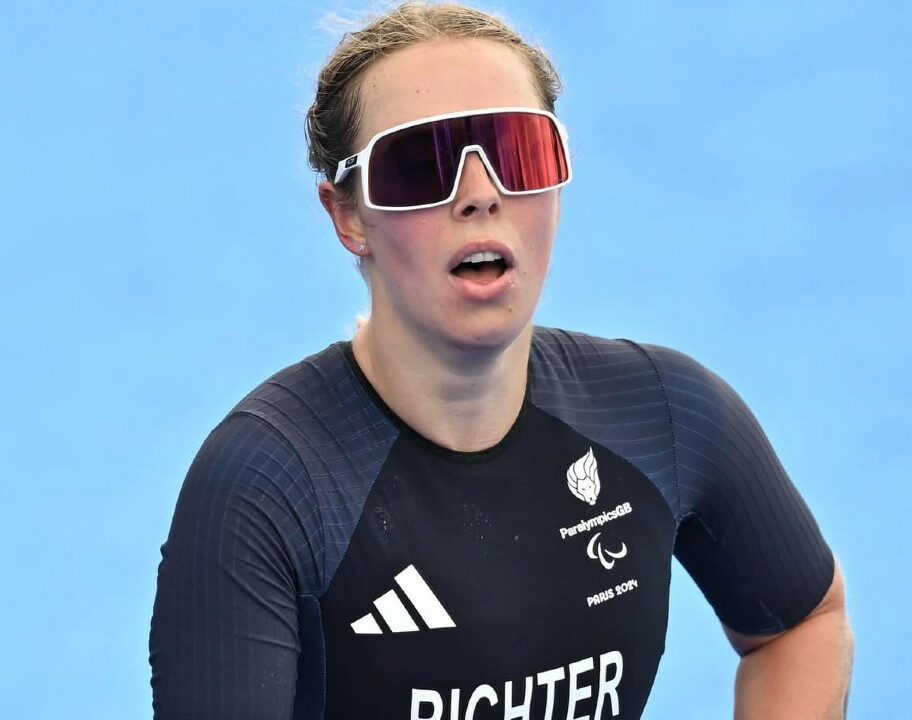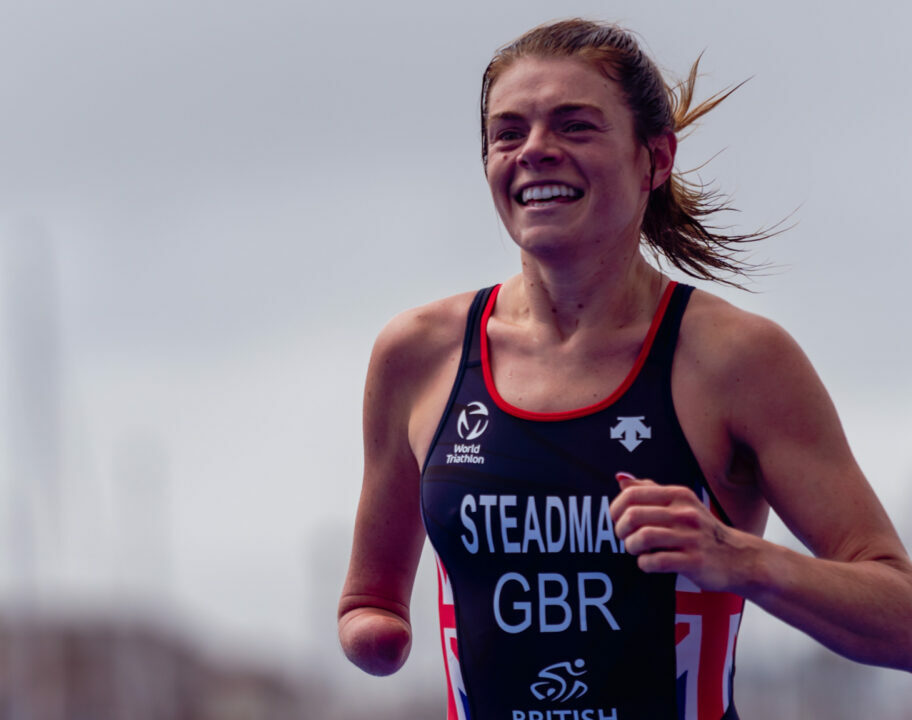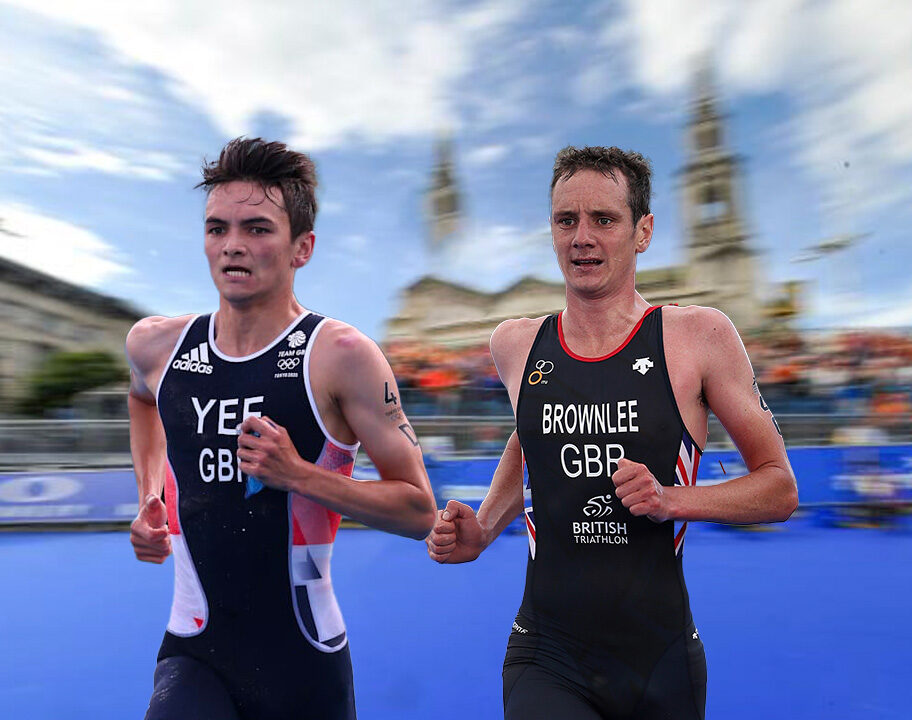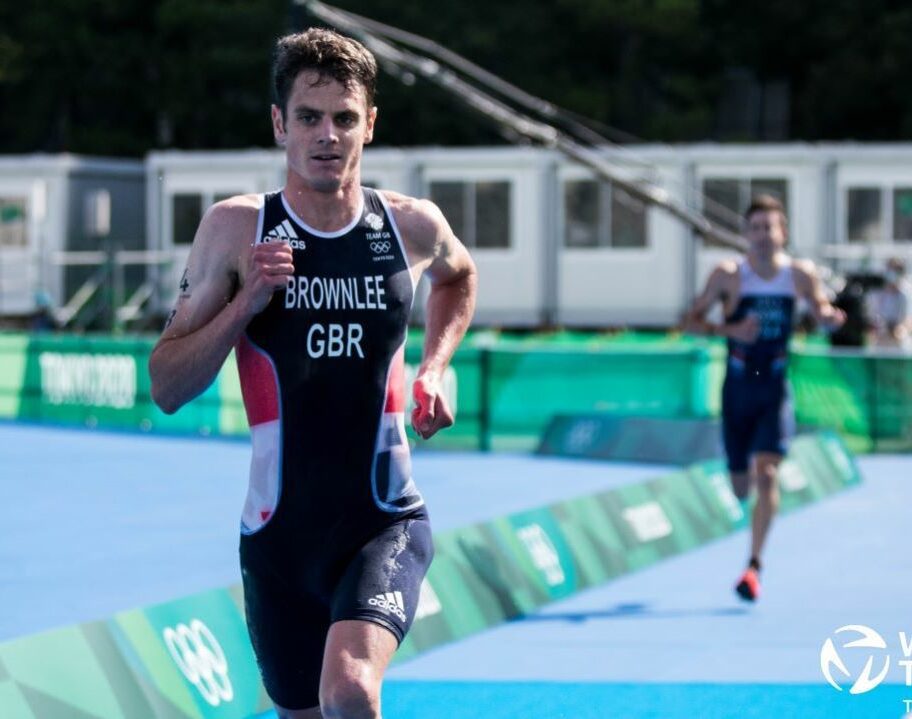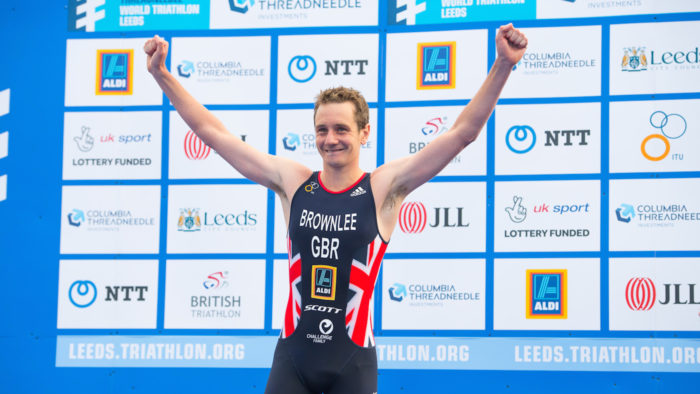Team GB have racked up the medals at recent Olympic and Paralympic Games, but how are things looking a year out from Paris 2024?
Jonny Brownlee has been to the fore ever since London 2012, completing his full set of bronze, silver and gold as part of that memorable Mixed Relay triumph in Tokyo 2021.
Jonny has also helped to inspire the next generation, which was the first thing British Triathlon CEO Andy Salmon pointed out when we sat down with him to get his perspective on how the future is looking.
Inspiration to participate
He told TRI247: “We saw some really pleasing results towards the tail end of last season and early this season in terms of juniors and under 23s, and we keep reminding ourselves that we’ve been incredibly fortunate.
“And we’re certainly not at British Triathlon going to try and claim all the credit for that. This is about incredible athletes coming through in numbers and inspiring each other. I remember very vividly the interviews after the Mixed Relay in Tokyo where Jonny was so gracious in recognising Alex [Yee] arriving on the big stage. But the other three members of the team were saying to Jonny, you inspired us in 2012 to take the sport up.
“We’re never, ever going to be complacent and take it for granted that these athletes are going to keep coming off the conveyor belt, but we’re working really hard at it. It’s something we want to work harder at in the future too. Sadly, it always comes back to resources. We’d love to be able to invest more in the talent pathway than we do currently, and we’re working really hard to try and make that possible.”
New names coming through
And ahead of the test event in Paris this month, what sort of shape does Salmon feel GB are in?
“First of all, it feels a bit weird to be talking about the Games so soon after the last Games, but we all know why that was,” he told us.
“Both qualification windows are open now and I’ll start with the Paralympic Games.
“We had a WTPS race in Swansea recently where the horrific weather meant the bike element had to be cancelled because of the high winds so the athletes only got 75% of the qualification points.
“But the British athletes had a really good set of results so we’re in really good stead there and we’re delighted that next year’s Swansea race will still be inside the qualification window just before it closes.
“We’ve got the established stars, the names that people will recognise from Tokyo and in some cases from Rio as well. But there’s a lot of new names coming through as well. So cautiously optimistic.
“Youngster Oscar [Kelly] for example did so well in Swansea, coming through in second. And, of course, everybody wants to see Dave [Ellis] win that gold medal. He was so unlucky in Tokyo and he’s on such a good run of form at the moment.

“And Lauren [Steadman] and Claire [Cashmore], they’ve got a real tussle with Grace Norman. And again, Swansea was all about that.
Building for the future
“It’s probably almost harder to qualify in some respects for the Paralympic Games than it is for Olympic Games in that there are so few spots available for each classification because the number of athletes is capped, as it has to be for practical reasons.
So if the athletes do get injured or do have a bad run of form or something, they have very little opportunity.
“There are more medal events, of course, in the Paralympic Games in Paris than there were in Tokyo and also than there were in Rio before that so that’s good for the sport.
“We hosted a paratriathlon conference in Swansea just before the race. And our motivation, we did the same last year, was that we’re very fortunate in this country, we get support from the National Lottery and government through UK Sport, to invest in these athletes, both the Paralympic and the Olympic athletes.
“But not every country gets that same opportunity. So we wanted to bring people together, share learnings from around the world and try and get some of the smaller countries who’ve got the ambition to develop a paratri programme, but haven’t got the resource to get them going.
“We’ve got some fantastic projects happening later this year where we’re going to be working with other countries like Ireland, the USA and Australia, for example, and inviting some of the smaller federations to come to training camps with our athletes and get that exposure.
“That’s critical for those small federations, but it’s also critical to keep the sport in the Paralympic Games. There are thresholds you have to reach as a sport to maintain your place, and we got perishably close to that. So we’re trying to be good citizens of the world and share some of our good fortune for the good of the sport.”
On the Olympic side, Salmon admitted that – as with the build-up to Tokyo – there’s a challenge in store, explaining: “I think the big question again will be, can we qualify a third male?
“Only one country managed to qualify three men and three women in Tokyo – Australia. It’s much harder to do than I think perhaps some people realise right now.
“We definitely have two men, two women, by virtue of our mixed relay and I’m pretty confident we’ll get a third female slot. Whether we’ll get the third male slot, I think remains to be seen.”
